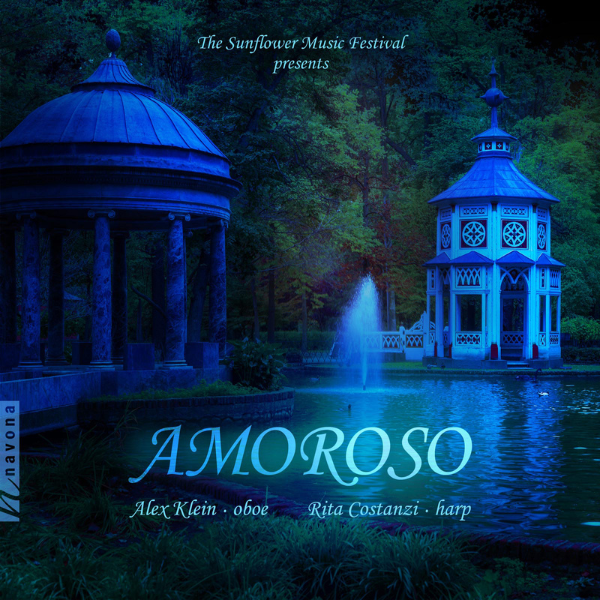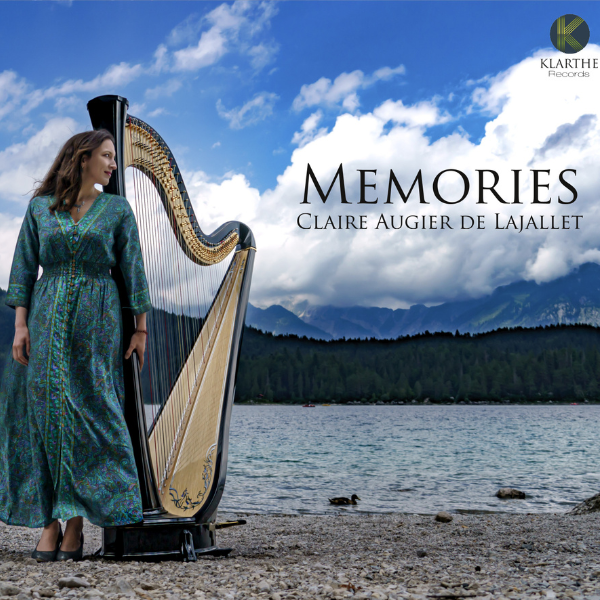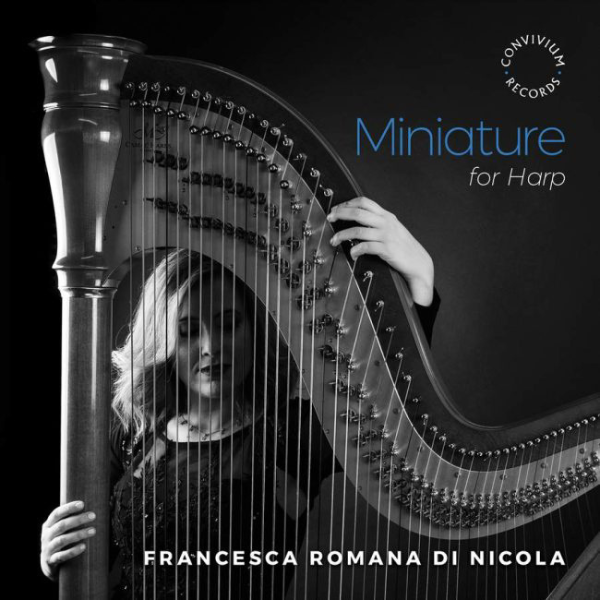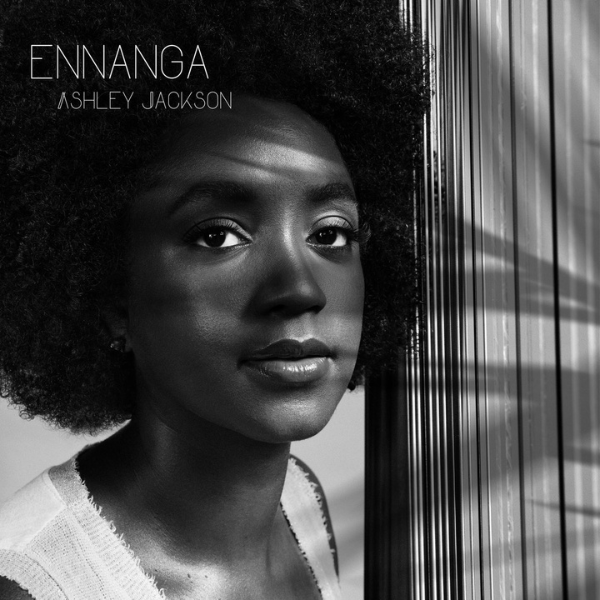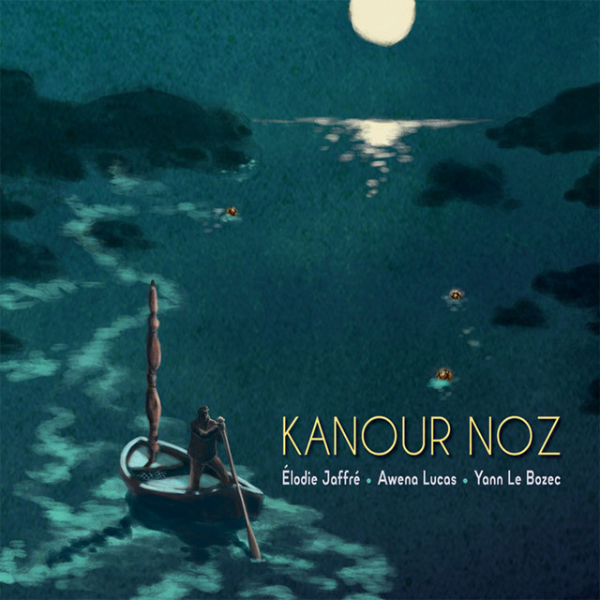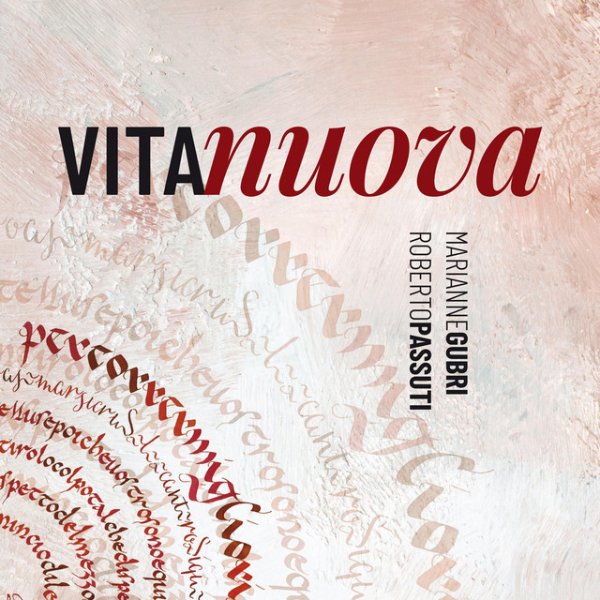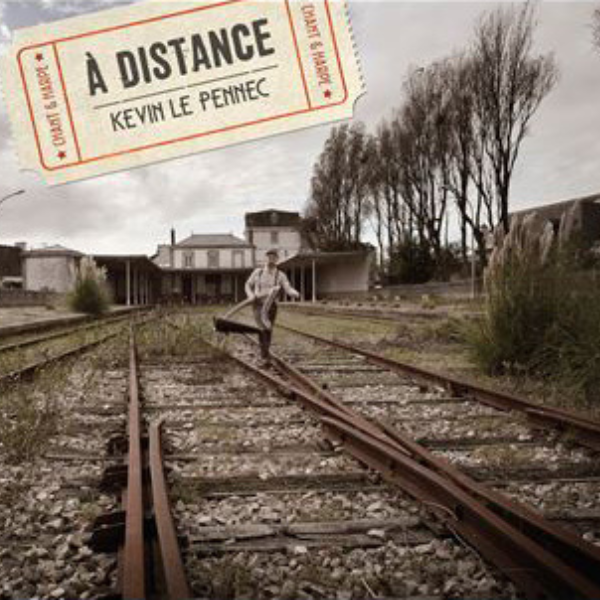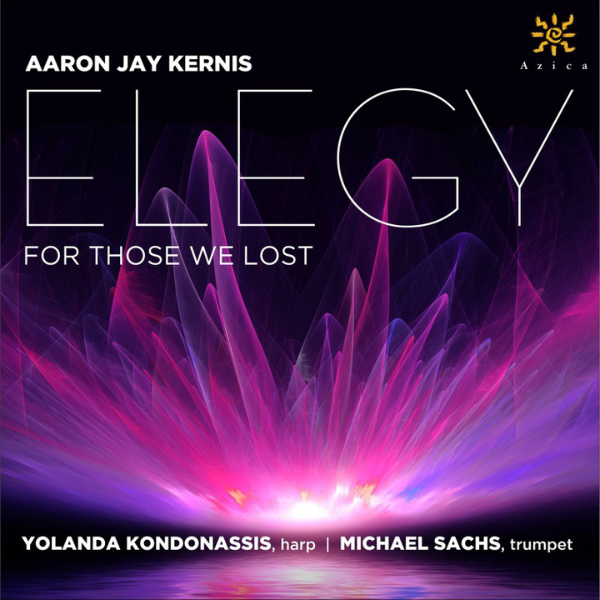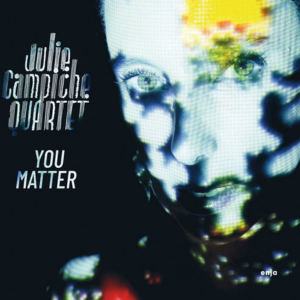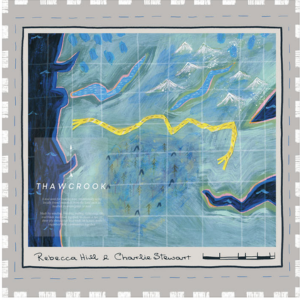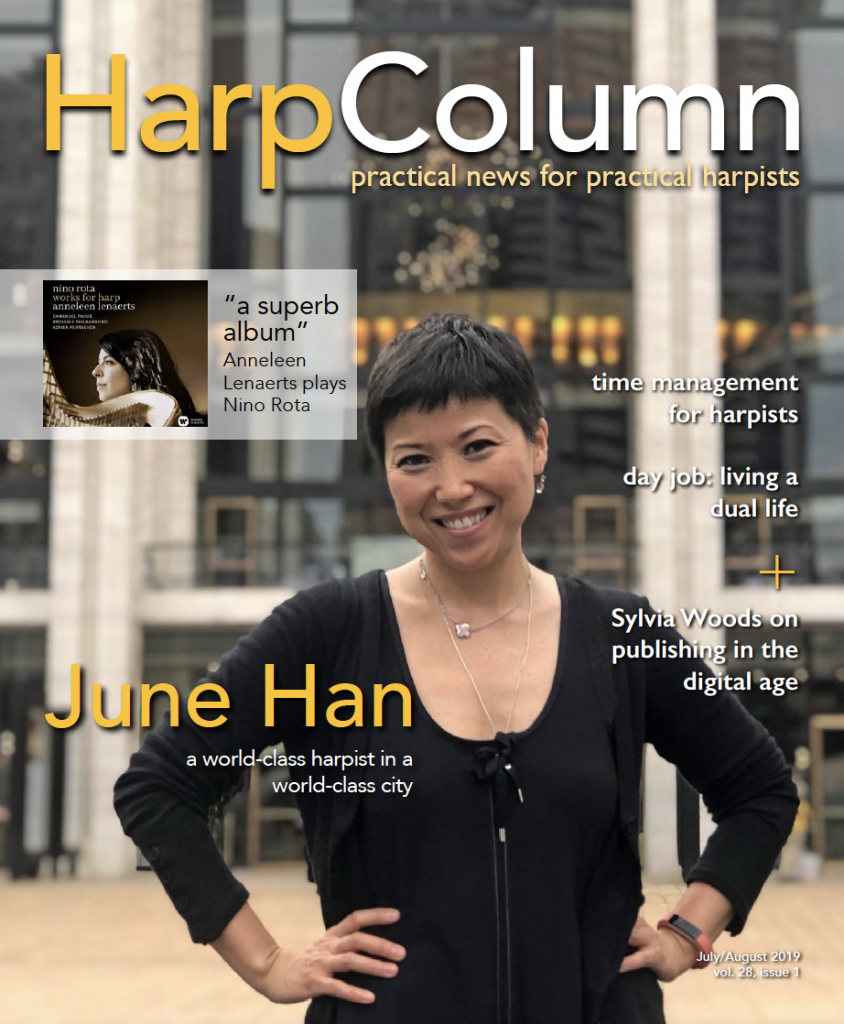
9/10
Stina Hellberg Agback, harp; Jonas Isaksson, guitar.
Do Music Records, 2018.
It don’t mean a thing if it ain’t got that swing, but if swing is all you’ve got, jazz ain’t your thing. And for me, that’s what separates the greats like Swedish harpist Stina Hellberg Agback from all the rest. When she’s jamming, there’s, of course, the looseness of swing, but there’s also sustained lyricism, to-die-for facility, and a soulful sound that marks her brand of jazz as something altogether fresh.
Take the title track of her new album, Quiet Now, when her improvisational solo seems to bubble forth from the juicy lines laid down by guitarist Jonas Isaksson, then handed right on over to bassist Par-Ola Landin. They all pluck strings, but these cats give the appearance of having pipes for singing, and when they do, it’s from the heart.
This album is all about being laid back, nothing rushed, nothings stressed. “My Favorite Things” is smokier and more on the back of the beat than John Coltrane’s amped up version. You can really hear Agback’s schooling and firm foundation in classical. She allows her instrument to shine in all its angelic glory, hanging on notes with just the right taste of rubato, making us follow her wherever she wants us to go.
An original composition, “Alice I Jönköping” resides right at the center of the album. A free-form jazz riff, it becomes abundantly clear why Agback names herself an “improvising harpist” stirring up a storm of cascading notes while guitar and drums join in the dance. Both equal partners, it’s drummer Daniel Olsson’s careful choice of pitched cymbals that weave it the creamy mixture together with additional melodic-sounding layers.
Agback channels the groundbreaking Alice Coltrane in a pull-out-all-the-stops (or strings?) rendition of “Gospel Train” that starts straight ahead, with rock-flavored guitar at the center this time which finally melts into improvised harp. The voices give themselves permission to experiment with timber, including almost music-box sounding closeness to the fingerboard in the harp and cascading glissandi juxtaposed with a fuzzy, grinding, and peaked out quality in the guitar. Their rendition is wild to hear and so convincingly visceral as to make the listener feel they are watching the musicians perform in front of them.
Allowing us to catch our breath and relax into the cushions of an easy chair is the final track, John Coltrane this time, his “Naima,” an understated ballad named after his wife. Like Wayne Shorter’s “Infant Eyes,” lyrical pieces are where this quartet really shines, with a kind of tenderness while they share the spotlight. That being said, sometimes I felt a bit overpowered by guitar and they might have done with a bit more balance. But, all in all, this is a scrumptious album.






